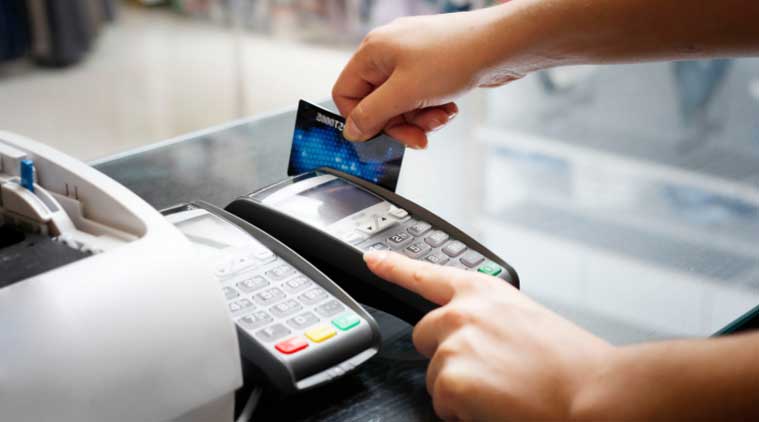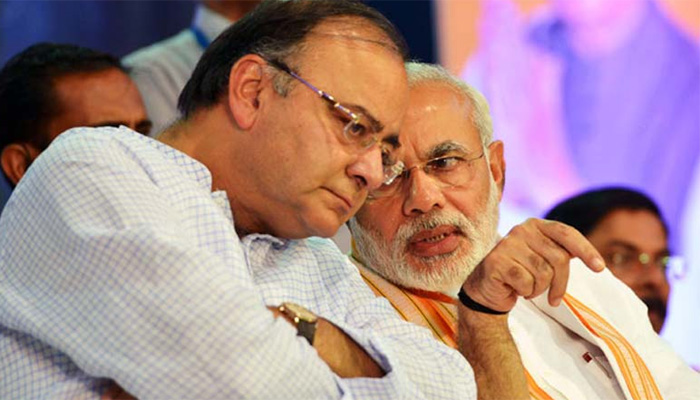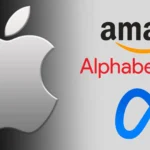Service Tax from Debit/Credit Card: Along with ‘Digital India’, Prime Minister Narendra Modi is now dreaming of India as ‘Digital Economy’ and promoting the Cashless Economy. And in a bid to promote digital transactions in India, the government will waive service tax on debit and credit card transactions of up to Rs 2,000.
According to the media sources, The government has decided to exempt services by an acquiring bank to any person in relation to the settlement of an amount up to Rs 2,000 in a single transaction transacted trough credit, debit card or other payment card service.
Why the decision to waive Service Tax from Debit/Credit Card payments important?
This decision is also very important looking at the chaos in the nation amid cash crunch following the withdrawal of old Rs 500 and 1,000 banknotes. But the government as a whole is busy promoting the cashless transaction and also, the digital payment companies are also utilising the opportunity to add the maximum of users with them.
A notification to this effect will be tabled by Finance Minister Arun Jaitley in Parliament. Following demonetization of old high-value notes, there has been a cash crunch in the country as people have been making a beeline for banks and ATMs to withdraw new currency.
The government is taking appropriate steps to lessen the people problems with cash-crunch.
The government has been taking steps to promote cashless or digital transactions to take India towards a less-cash economy. Recently, the government asked banks to install additional 10 lakh PoS terminals by March 31 in different parts of the country.
The service tax notification of June 2012 will be amended to include an exemption on credit and debit cards, the sources added. However, as of now, services provided by organisations such as United Nations and other international bodies are exempt from tax.
A range of other services provided by arbitral tribunals, testing of newly developed drugs, educational institutions, trade unions, general insurance business and sports bodies, among others, too are exempt from the levy.










